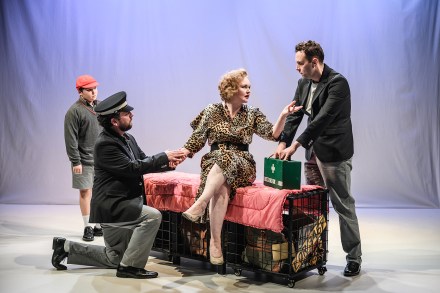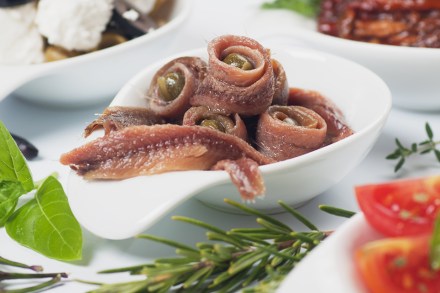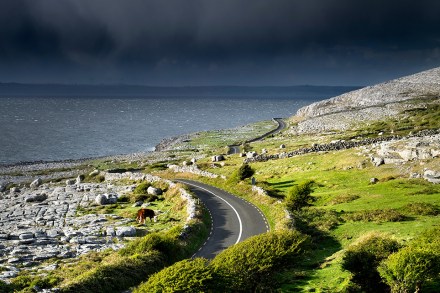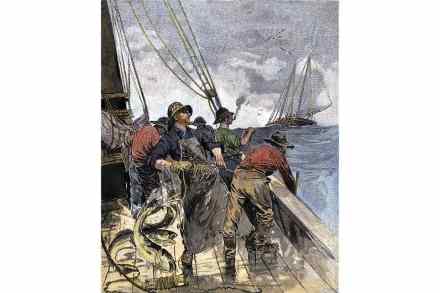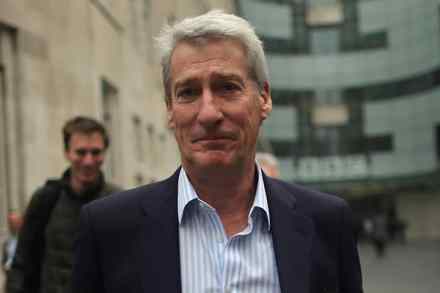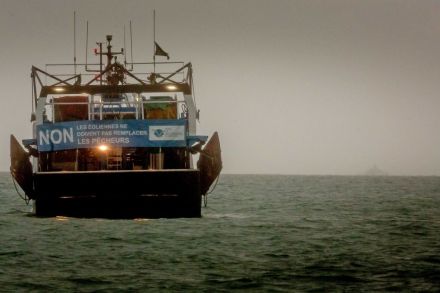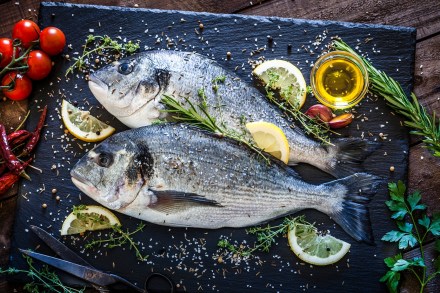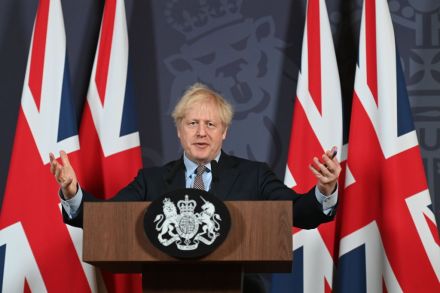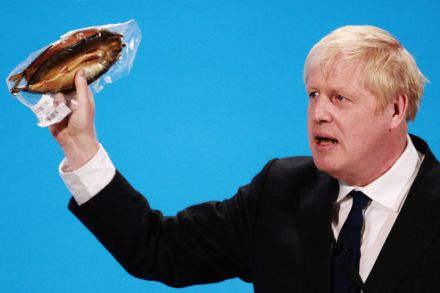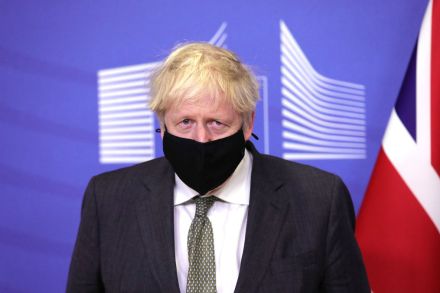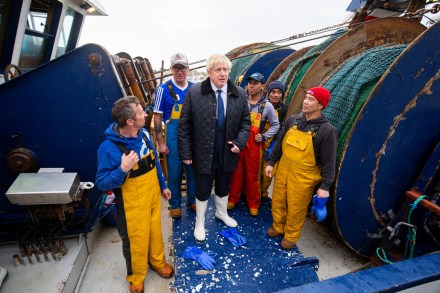A riveting show crammed with the kind of risky gags rarely heard on stage these days
How To Survive Your Mother is a play based on a memoir by political dramatist Jonathan Maitland. He portrays himself in the show, and he muses on the wisdom of turning his manipulative, devious, sex-mad mother into a dramatic heroine. In the end, he’s swayed by ‘Edinburgh derangement syndrome’ as he calls it. ‘You’re diagnosed with terminal cancer and you think: “Great, there’s a show in this.”’ Maitland’s account of his rackety childhood is crammed with risky gags rarely heard on stage these days His mother, Bru, was a Jewish refugee from Haifa who posed as a Frenchwoman with Spanish roots to protect herself from the anti-Semitic bigotry. Her self-taught
